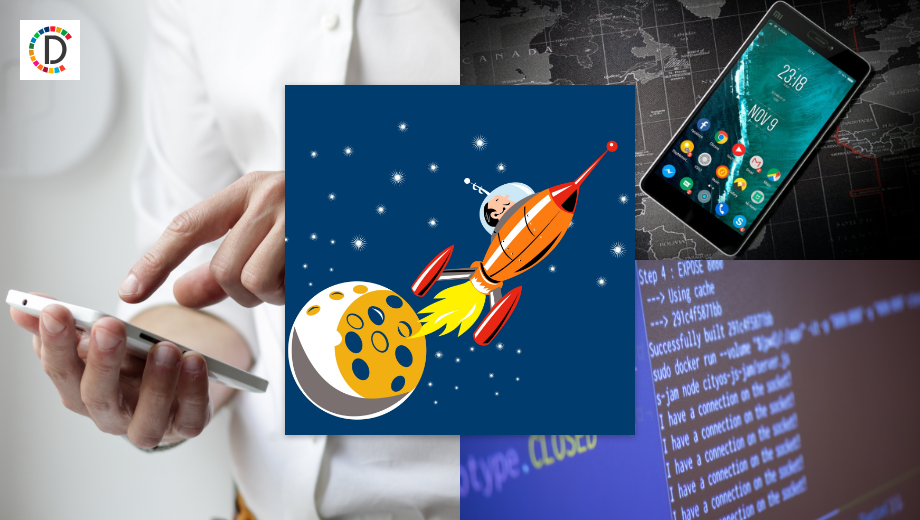Digital Doppelgangers: Bridging Reality with Virtual Clones
As technology advances, the creation of digital twins—a virtual replica of real-world entities, including human beings—offers immense possibilities across sectors like healthcare, sports, and workplace safety. However, it also necessitates tackling ethical challenges, data privacy, and the representation of human attributes that can't be digitally replicated.

- Country:
- Australia
As oceans rise, Tuvalu faces the threat of vanishing, seeking preservation through a digital twin of the nation. Digital twins, virtual replicas of real-world entities, expand possibilities from molecules to humans. Scientists and industries leverage this technology for personalizing healthcare and improving safety, despite existing risks.
Advancements in sensors, AI, and augmented reality empower digital twin development, allowing infrastructure stress tests and proactive maintenance. In healthcare, clinicians use digital models to plan operations, optimize treatments, and remote expand expertise. The sports realm witnesses digital athlete replications to boost performance and minimize injuries.
However, digital twins of human complexity present daunting challenges. People's varied motivations and social dynamics defy simple replication. This demands a careful balance along with responsible data use, consent considerations, and legal right redefinitions to avert ethical pitfalls in a digital future.
(With inputs from agencies.)
ALSO READ
Have agreed to integrate safe, effective traditional medicine into health systems, especially private healthcare: WHO D-G Tedros Ghebreyesus.
Global Health Leaders Unite: Traditional Medicine in Modern Healthcare
Healthcare Showdown: Midterm Elections Hang in the Balance
Eremedium: Transforming Healthcare Communication Through Visual Education
Nagaland's Healthcare Revolution: Affordable Medicines and Reliable Implants










